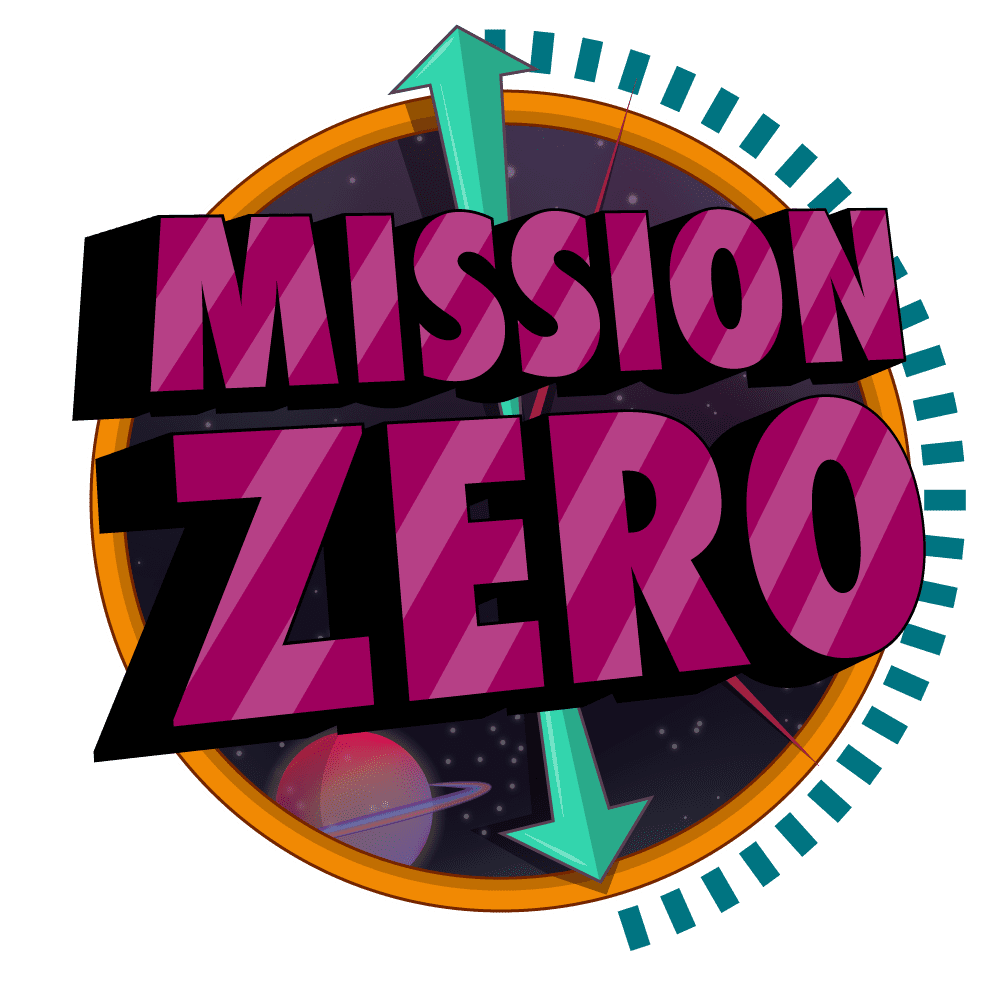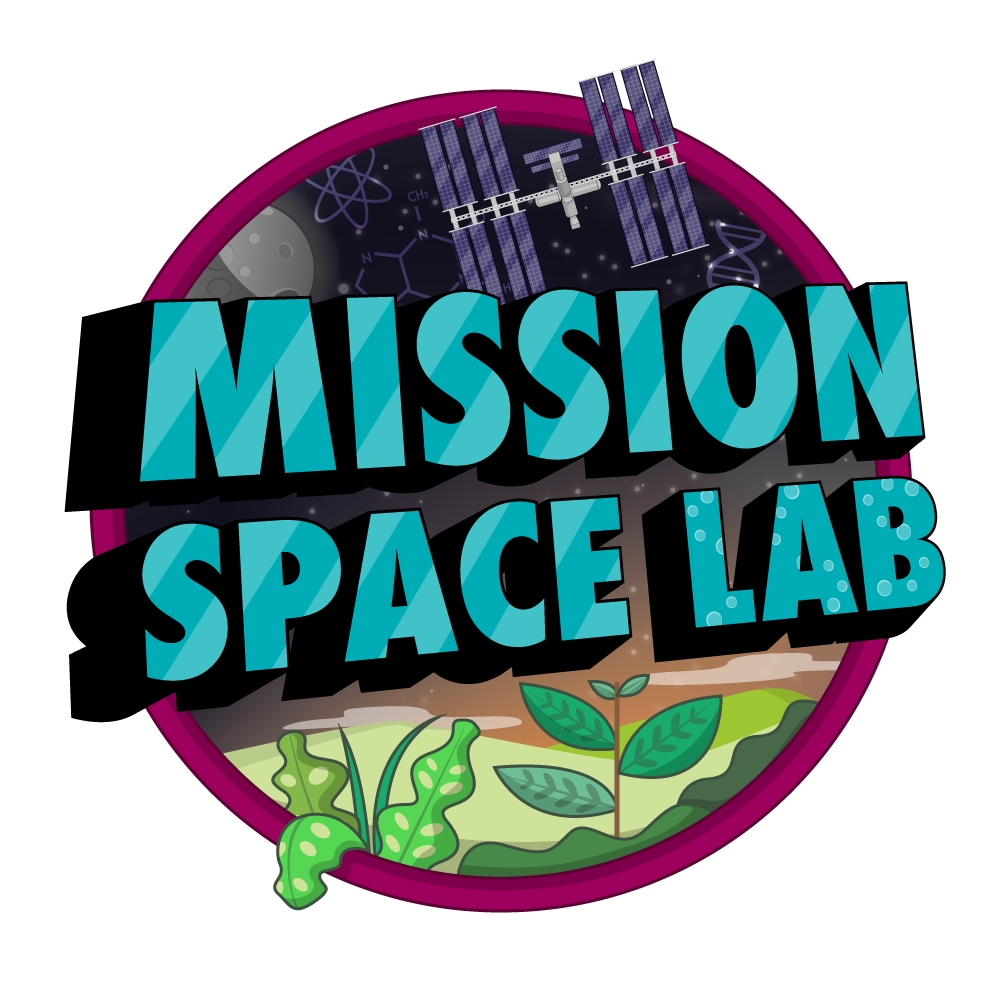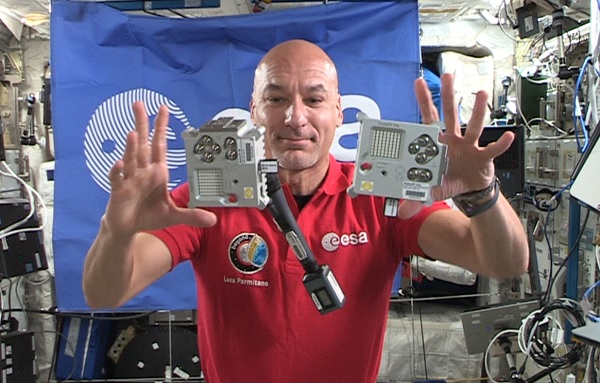Each year, the European Astro Pi Challenge allows students and young people in ESA Member States (or Slovenia, Canada, or Malta) to write code for their own experiments, which could run on two Raspberry Pi units aboard the International Space Station.
The Astro Pi Challenge is a lot of fun, it’s about space, and so that we in the Raspberry Pi team don’t have to miss out despite being adults, many of us mentor their own Astro Pi teams — and you should too!
So, gather your team, stock up on freeze-dried ice cream, and let’s do it again: the European Astro Pi Challenge 2019/2020 launches today!
Luca Parmitano launches the 2019-20 European Astro Pi Challenge
ESA astronaut Luca Parmitano is this year’s ambassador of the European Astro Pi Challenge. In this video, he welcomes students to the challenge and gives an overview of the project. Learn more about Astro Pi: http://bit.ly/AstroPiESA ★ Subscribe: http://bit.ly/ESAsubscribe and click twice on the bell button to receive our notifications.
The European Astro Pi Challenge 2019/2020 is made up of two missions: Mission Zero and Mission Space Lab.
Astro Pi Mission Zero
Mission Zero has been designed for beginners/younger participants up to 14 years old and can be completed in a single session. It’s great for coding clubs or any groups of students don’t have coding experience but still want to do something cool — because having confirmation that code you wrote has run aboard the International Space Station is really, really cool! Teams write a simple Python program to display a message and temperature reading on an Astro Pi computer, for the astronauts to see as they go about their daily tasks on the ISS. No special hardware or prior coding skills are needed, and all teams that follow the challenge rules are guaranteed to have their programs run in space!
Mission Zero eligibility
- Participants must be no older than 14 years
- 2 to 4 people per team
- Participants must be supervised by a teacher, mentor, or educator, who will be the point of contact with the Astro Pi team
- Teams must be made up of at least 50% team members who are citizens of an ESA Member* State, or Slovenia, Canada, or Malta
Astro Pi Mission Space Lab
Mission Space Lab is aimed at more experienced/older participants up to 19 years old, and it takes place in 4 phases over the course of 8 months. The challenge is to design and write a program for a scientific experiment to be run on an Astro Pi computer. The best experiments will be deployed to the ISS, and teams will have the opportunity to analyse and report on their results.
Mission Space Lab eligibility
- Participants must be no older than 19 years
- 2 to 6 people per team
- Participants must be supervised by a teacher, mentor, or educator, who will be the point of contact with the Astro Pi team
- Teams must be made up of at least 50% team members who are citizens of an ESA Member State*, or Slovenia, Canada, or Malta
How to plan your Astro Pi Mission Space Lab experiment
Subscribe to our YouTube channel: http://rpf.io/ytsub Help us reach a wider audience by translating our video content: http://rpf.io/yttranslate Buy a Raspberry Pi from one of our Approved Resellers: http://rpf.io/ytproducts Find out more about the #RaspberryPi Foundation: Raspberry Pi http://rpf.io/ytrpi Code Club UK http://rpf.io/ytccuk Code Club International http://rpf.io/ytcci CoderDojo http://rpf.io/ytcd Check out our free online training courses: http://rpf.io/ytfl Find your local Raspberry Jam event: http://rpf.io/ytjam Work through our free online projects: http://rpf.io/ytprojects Do you have a question about your Raspberry Pi?
For both missions, each member of the team has to be at least one of the following:
- Enrolled full-time in a primary or secondary school in an ESA Member State, or Slovenia, Canada, or Malta
- Homeschooled (certified by the National Ministry of Education or delegated authority in an ESA Member State or Slovenia, Canada, or Malta)
- A member of a club or after-school group (such as Code Club, CoderDojo, or Scouts) located in an ESA Member State*, or Slovenia, Canada, or Malta
Take part
To take part in the European Astro Pi Challenge, head over to the Astro Pi website, where you’ll find more information on how to get started getting your team’s code into SPACE!
*ESA Member States: Austria, Belgium, Czech Republic, Denmark, Estonia, Finland, France, Germany, Greece, Hungary, Ireland, Italy, Luxembourg, the Netherlands, Norway, Poland, Portugal, Romania, Spain, Sweden, Switzerland and the United Kingdom
Website: LINK




